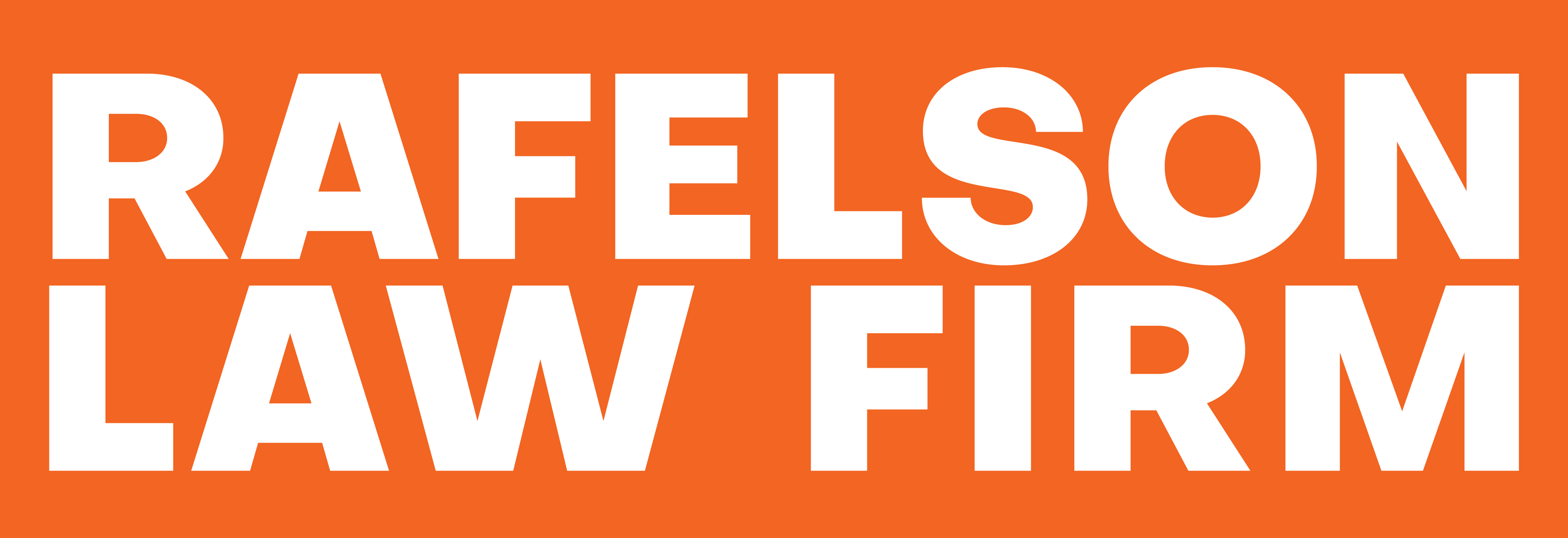Last week at the Prosper Show, an annual event for Amazon sellers that attracts about 1,900 attendees, a group called pitched the value of joining a new association to benefit sellers.
Started by Chris McCabe, a former Amazon employee and now independent seller consultant, and Paul Rafelson, a Pace University law professor and former tax counsel at GE, the group claims to support initiates important to sellers.
According to its website, which is a bit sparse on details, here are the current main topics of concern it has identified:
- Sales Tax
- Intellectual Property
- Trade Policy
Also, the guild claims it will offer perks, discounts, and preferential rates on products and services important to its members.
Membership in the guild starts at $100 and can go up to $25,000, depending on annual revenue. Many potential members would probably fall into the $250 and $500 per year membership plans.
The organization has applied for 501(c)(6) status with the IRS, typically reserved for professional organizations, trade boards, sports leagues, chambers of commerce, etc.
Currently, there are no requirements for 501(c)(6) groups to divulge member information and the guild makes the statement “The Online Merchants Guild Will Not Publish or Disclose any Information That Could be Used to Identify its Individual Members.”
Sales Tax
The main rallying point and apparent impetus to start this guild was the sharp rise of sales tax enforcement by states in 2017.
While much of the sales tax issue dates back much further, it seems some sellers didn’t pay too much attention over the last few years and were caught a bit off-guard about recent changes in attempts to collect sales tax.
“There has not been one single issue to galvanize Amazon sellers like the sales tax issue,” McCabe says in a
If sales tax is the single biggest issue for Amazon sellers and the Online Merchant Guild states: “We fight for fair administration of all taxes, and are prepared to take whatever legal steps are necessary to preserve the constitutional rights of our members,” why has the guild not filed an Amicus Curiae (Friend of the Court) brief on , a case widely seen as a defining case on interstate enforcement of state sales tax laws.
Certainly, after the Supreme Court decides on South Dakota v. Wayfair, Inc., et al., there will be questions on how to sort out the ruling and if states can actually force merchants to pay any back sales tax.
Even the National Retail Federation (NRF), a group that consists of physical and online retailers and is in favor of a more equitable sales tax solution, concedes that federal legislative intervention may be necessary to sort out the final ruling.
There could be room for Online Merchants Guild to play a role in helping shape an equitable and uniform solution to the back tax issue.
But being a new and small group is unlikely going to result in any meaningful lobbying as more powerful groups will take center stage to try to find consensus on how to move forward.
Intellectual Property and Trade Policy
Two important issues for small businesses but also two very big picture issues that require a lot of resources (money) and a coherent national lobbying strategy to compete in a crowded arena dominated by other powerful industry groups.
Mostly intellectual property issues are a big problem for small sellers on Amazon,and other marketplaces. While all marketplaces have intellectual property violations reporting mechanisms, they may or may not follow up as quickly or as diligent on these issues as sellers expect.
Sometimes it is a matter of the legal formatting not being followed by the complaining seller, or the seller is not providing enough information to validate their IP rights.
There needs to be a lot of seller education to solve this problem properly, and a trade association could play a vital role in this education. It could also provide means to help file those complaints and follow up with the marketplaces on the actions.
The guild could help facilitate lawsuits against marketplaces to better enforce intellectual property rights.
But nothing on Online Merchants Guild website indicates they are providing any such services to members. Therefore, it is not clear exactly what kind of intellectual property help the guild plans to provide to members.
Lack of Transparency and Strategy
There are definitely issues that are specific to small businesses and marketplace sellers that are unique and may not find much voice at established groups like the NRF or the US Chamber of Commerce.
The Online Merchants Guild seems to target disgruntled sellers. It promises anonymity for sellers and provides simple talking points about problems often brought up in community forums. But it provides no details on solutions or strategy!
Professional and industry groups typically do well and become a dominant force when they offer transparency, publish membership lists, and show they have the monetary and staffing resources to impact the issues they identify.
They also publically describe policy initiatives and highlight key points of solutions and strategies of their activities. A lot of that seems to be missing.
Online Merchants Guild states: “Alone we can do so little; together we can do so much.”
But how will a politician judge a group that does not offer up key member names or just the simple metric of its size (public membership list)? Nor does the group provide any meaningful detail on their activities for politicians or other interested parties.
If the goal is to target Amazon, , or other marketplaces and not address public policy, this will require legal challenges that eventually will require public exposure of complaining businesses. Yet it recruits members with a promise of anonymity.
The whole secrecy aspect of the Online Merchants Guild appears to be counterproductive to get anything productive done. It also is combative out of the box, which isn’t going to impress Amazon.
What do you think of trade group like the Online Merchants Guild? Do you think it could be successful and what should it do to become a successful force for small business sellers?


